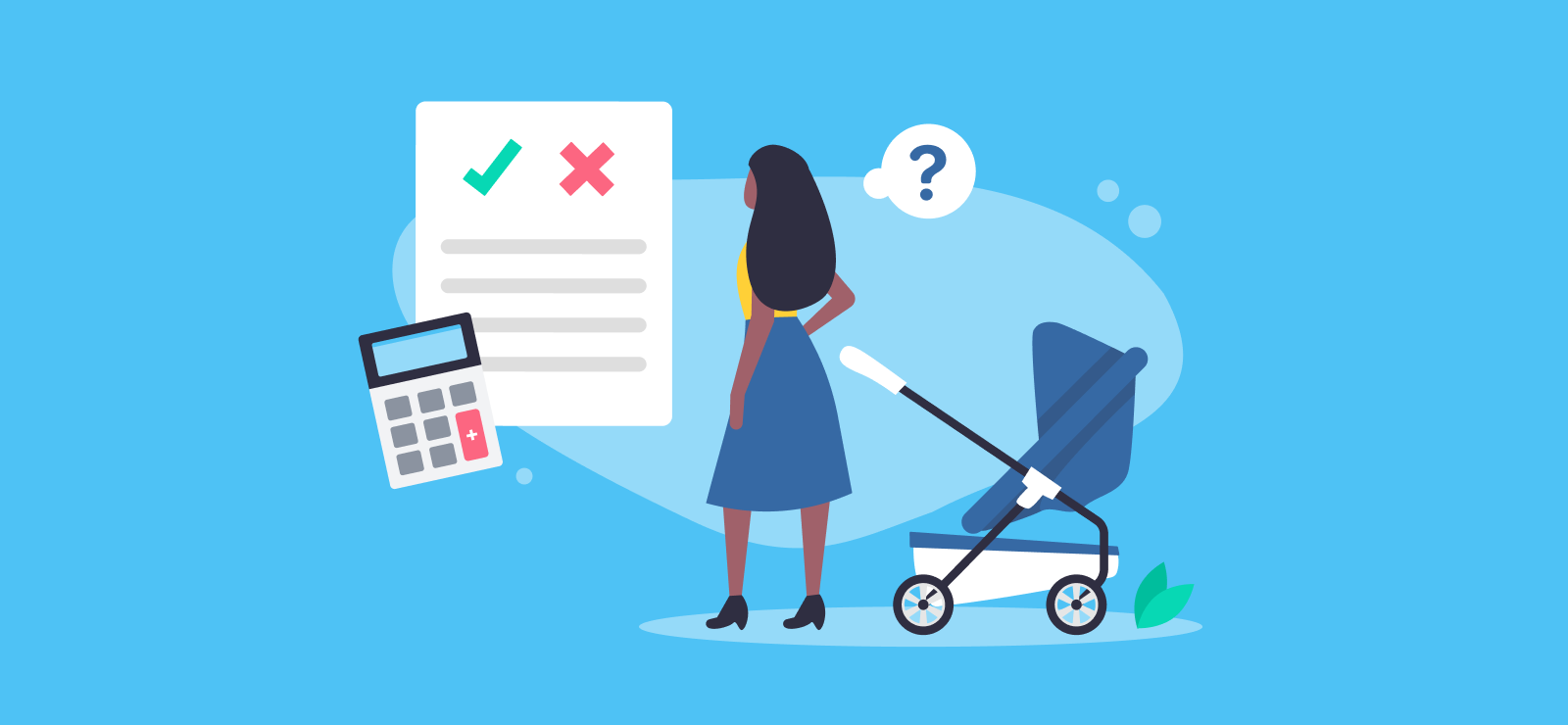

Do Influencers Pay Tax?
The occupation of ‘influencer’ or ‘content creator‘ is more popular than ever, but there isn’t much information out there on how to pay taxes if you become one,how much you’ll pay, or even if you need to.
The good news is if you do need to pay tax, it’s similar (on the most part) to how other self-employed individuals pay theirs, although it can get a bit more complicated if you receive ‘gifted’ products or free days out.
Whether you fell into influencing by chance, or you were influenced to be an influencer (that’s a lot of influencing) – this blog is for you.
What is an influencer?
An influencer is someone who has the ‘influence’ and power to affect their audiences’ purchasing decisions. They have authority over their audience, usually homing in on a particular niche such as food, fashion, or beauty.
How do influencers generate income?
The world of influencing can be confusing, and you may have thought at first, can I really generate income from just views alone? The answer is yes, you can!
- You can earn money based on content views and followers, although in some cases you will need to ensure you’re eligible. For example, there are lots of ways to make money on TikTok, but this isn’t necessarily automatic so ensure you’re on the TikTok creator fund, or set up a TikTok Shop to sell products)
- Affiliate links (this is where you’ll advertise a product and have a specific link to give your followers, that way if they buy the product, you receive commission)
- Businesses may pay you to film content via a paid partnership
- You may be gifted a product or experience
Do I need to register for tax if I’m an influencer?
HMRC (the tax authorities in the UK) treat the money you make from being an influencer in the same way they treat any other source of income – so you might need to pay tax on it. Thanks to the trading allowance you can earn up to £1,000 in a tax year from ‘miscellaneous’ activities before you need to tell HMRC though.
What about if I receive free gifts instead of money?
You’ll need to work out the equivalent value of any gifts you get instead of payment (known as ‘payments in kind‘), and treat these as if they were cash for tax purposes.
If you receive a free meal out in return for some video content from time to time, or you receive £50 to promote a product, maybe once a month or a few times a year – the chances are you’re not going to be affected. But if the value of these gifts takes you over the trading allowance, you might be.
Any goods or services you may receive for free so you can endorse them are classed as ‘Payments in Kind’ (PIK). Even if the product you’ve received is completely out the blue.
You may also need to let HMRC know about any gifts you receive even if influencing is just a hobby – particularly if you are contacting brands to promote their products as that would be classed as having a marketing strategy like a business!
How much tax do influencers pay?
Needing to register with HMRC doesn’t always necessarily mean you’ll need to pay tax on the money you earn from influencing, or that you’re officially trading (it can still be just a hobby that makes you a little more than the trading allowance allows).
Whether or not you pay tax (and how much) depends on your profits and which tax bracket you fall into. The different rules and thresholds can be a bit confusing, so we explain how tax bills are worked out in a separate article.
If you’re brand new to this, it’s worth mentioning that self-employed people pay a different type of National Insurance on their profits. If you’re doing this alongside a job you do for an employer, you might pay more than one type of National Insurance – Class 1 on your employment income, and Class 4 on your self-employed profits.
Claiming expenses and keeping records as an influencer
You’ll almost definitely incur expenses as an influencer. Whether that be your phone or internet bill, lighting and cameras for your videos, an Instagram giveaway, or non-gifted products you’ve purchased to review for creating content. It’s important to ensure you deduct these expenses from your profit – so you pay less in tax!
If your expenses end up being more than your income – you have made a ‘loss’.
In order to claim all of your expenses, as well as record any Payments in Kind – you’ll need to keep records. Good bookkeeping software can help you record your daily transactions, and help you effectively manage your cash flow.
Call 020 3355 4047 to talk to one of the team about our online accounting and bookkeeping services, or get an instant online quote.
Want to learn more?
Subscribe to our newsletter to get accounting tips like this right to your inbox

Read more posts...

The Accountancy Partnership – Our Positive Reviews
16th February 2026We’re proud of our customers’ reviews here at The Accountancy Partnership The reviews we receive from our customers show how hard we…
Read More
Maternity Pay for Self-Employed People
15th February 2026As a self-employed person you might be eligible to get Maternity Allowance payments for up to 39 weeks. It’s different to Statutory…
Read More
National Insurance for the Self-Employed
14th February 2026If you work for your own self-employed business, then you may need to pay National Insurance on the profits that you earn….
Read MoreConfirm Transactions
The number of monthly transactions you have entered based on your turnover seem high. A transaction is one bookkeeping entry such as a sale, purchase, payment or receipt. Are you sure this is correct?
Please contact our sales team if you’re unsure
VAT Returns
It is unlikely you will need this service, unless you are voluntarily registered for VAT.
Are you sure this is correct?
Call us on 020 3355 4047 if you’re not sure.
MTD IT Quarterly Updates
Your final, end of year MTD Income Tax submission is included in your fee, without this add-on service.
We would recommend you submit the quarterly updates yourself using Pandle or alternative bookkeeping software.
However, if you would prefer us to submit these quarterly updates for you, there is an additional fee of £35.00 per month.
Call us on 020 3355 4047 if you’re not sure.
Bookkeeping
You will receive our bookkeeping software Pandle for free, as part of your package.
You can use this to complete your own bookkeeping, or we can provide a quote to complete your bookkeeping for you.
Please select and option below:
Call us on 020 3355 4047 if you’re not sure.

